March 12, 2024, 11:00 a.m. to 12:00 p.m. MDT
Inclusive Emergency Alerts: Recommendations for Language and Disability Access
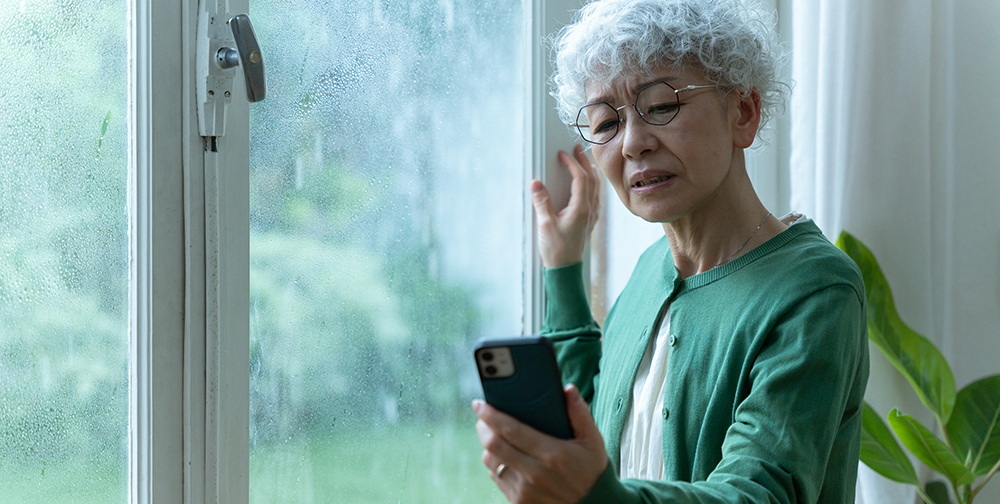
Webinar Description:
Addressing the diverse needs of the many people that make up a community can be challenging. Technical, logistical, and financial limitations can sometimes result in practices that cause some community members to work harder than others to stay safe during a disaster. Identifying these limitations and ways to address them is the first step in ensuring equitable risk protection for all.
This was one of the major takeaways from, Inclusive Emergency Alerts for Colorado: An Assessment and Recommendations for Language and Disability Considerations, a recent report that examined how to improve the Colorado emergency alert system for those with limited English proficiency and people with auditory and visual disabilities.
The research, which was conducted at the direction of the Colorado legislature, explored best practices and made recommendations for improvement based on the feedback of more than 250 emergency personnel and decision-makers, as well as numerous public comments and an extensive document review.
Join experts from the Natural Hazards Center and the Colorado House of Representatives as they discuss the findings of the report and how they can be applied beyond Colorado to develop more effective and equitable emergency alerts.
Speakers:
Carson MacPherson-Krutsky, Natural Hazards Center
Mary Angelica Painter, Natural Hazards Center
Elizabeth Velasco, Colorado State House of Representatives
Melissa Villarreal, Natural Hazards Center
Natural Hazards Center Overview Slides
Presentation Slides
Resources:
Inclusive Alerts Project Website
The website includes the report in English and Spanish, appendices, annotated bibliographies, recordings of public meetings, and public comments.
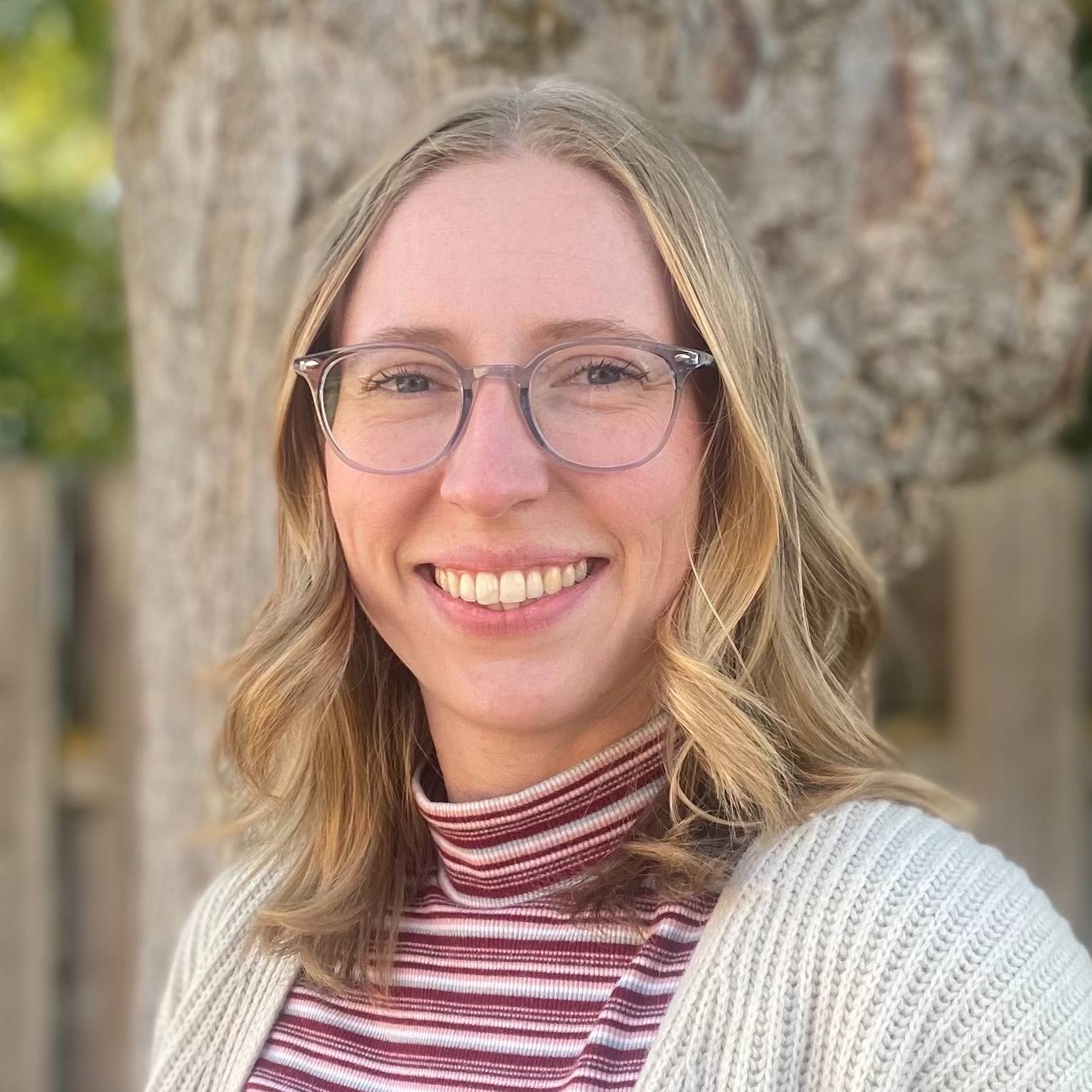
Carson MacPherson-Krutsky is a research associate at the Natural Hazards Center. Her research incorporates social science methods to investigate what motivates people to take protective action and which types of risk communication styles are most effective. She is passionate about making connections across disciplines and with communities to ensure that research supports decision-making in communities of all shapes, sizes, and backgrounds.
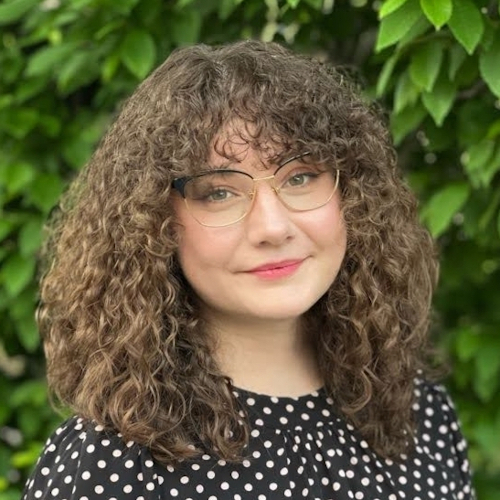
Mary Angelica Painter is a research associate at the Natural Hazards Center. Her research includes developing new ways to understand and engage with socially vulnerable communities in the context of natural hazards, while also incorporating the roles of government, policy, and politics. Her work is driven by a philosophy of collaboration, where the community, decision-makers, researchers, and the public are involved in identifying problems and finding solutions together.
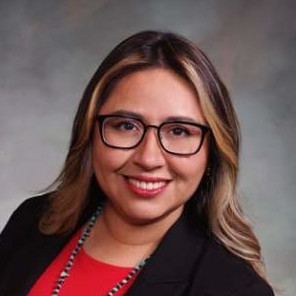
Elizabeth Velasco is a representative for Colorado State House District 57 in western Colorado. She is the first Latina to represent the western slope and the first Mexican-born immigrant in the state legislature. Before getting elected, she ran an interpretation and translation agency for almost 10 years and became a wildland firefighter and public information officer. Language access in emergency response is one of her top priorities, and HB23-1237 is the first step toward modernizing Colorado's emergency response to include multiple languages.
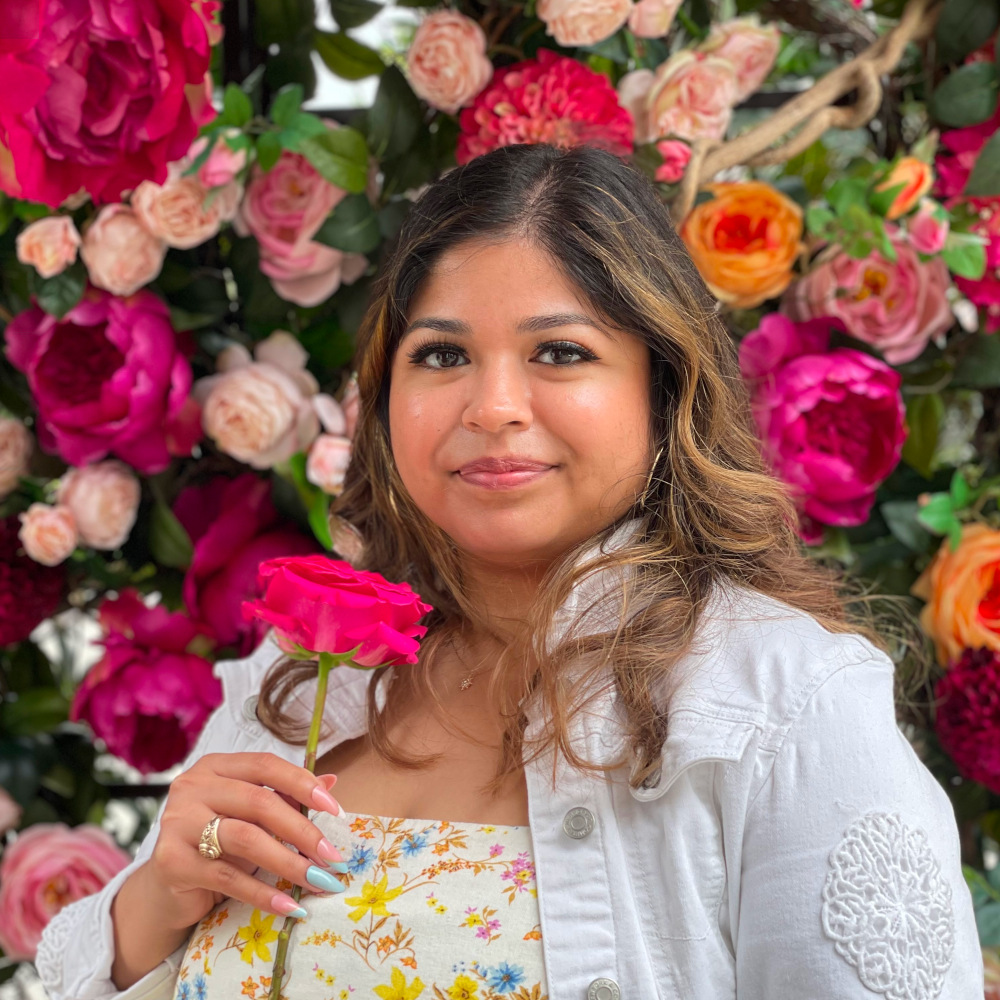
Melissa Villarreal is a graduate research assistant at the Natural Hazards Center and a PhD candidate in sociology at the University of Colorado Boulder. She has worked on several research projects related to enhancing the ethical quality of disaster research, increasing diversity in the hazards and disaster field, and reducing post-disaster vulnerabilities for marginalized communities.